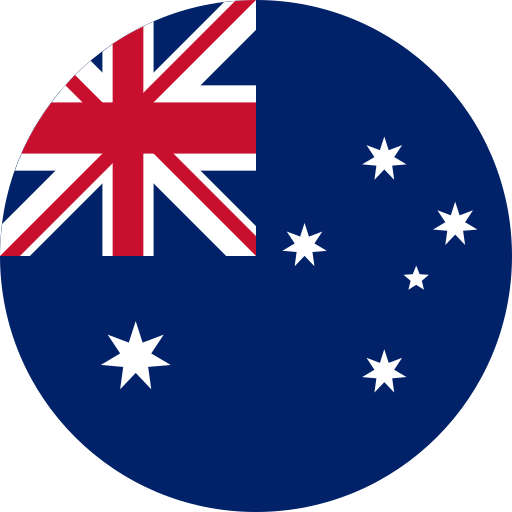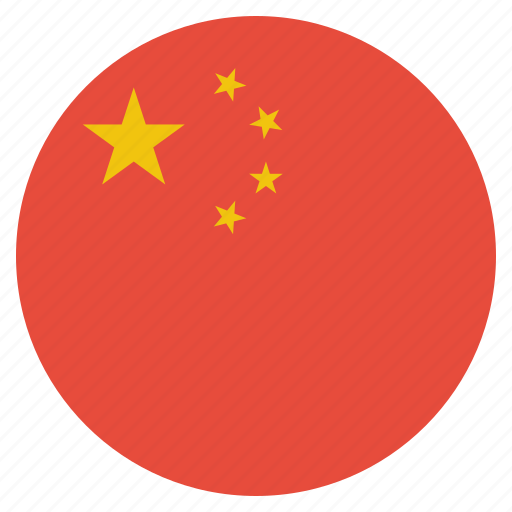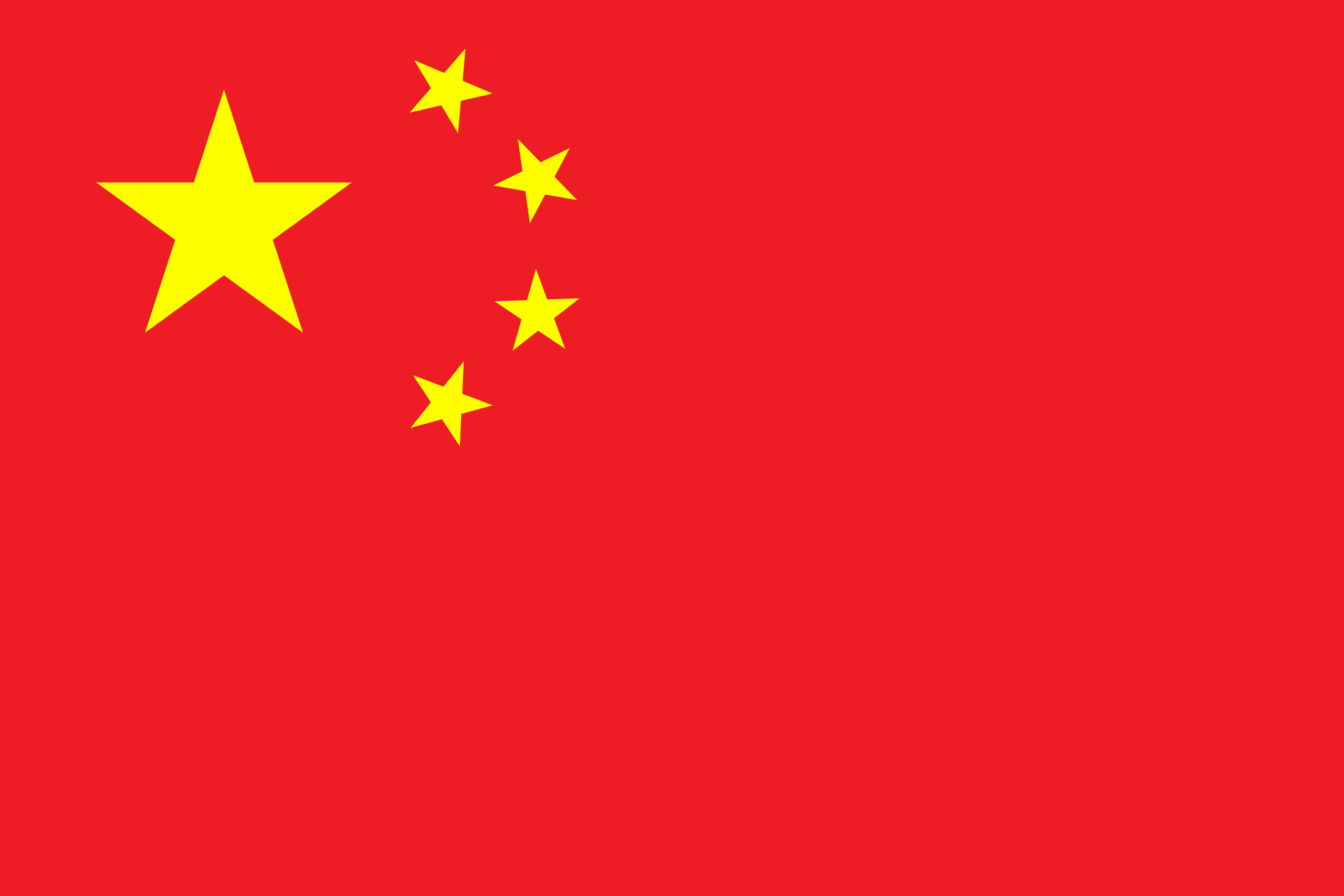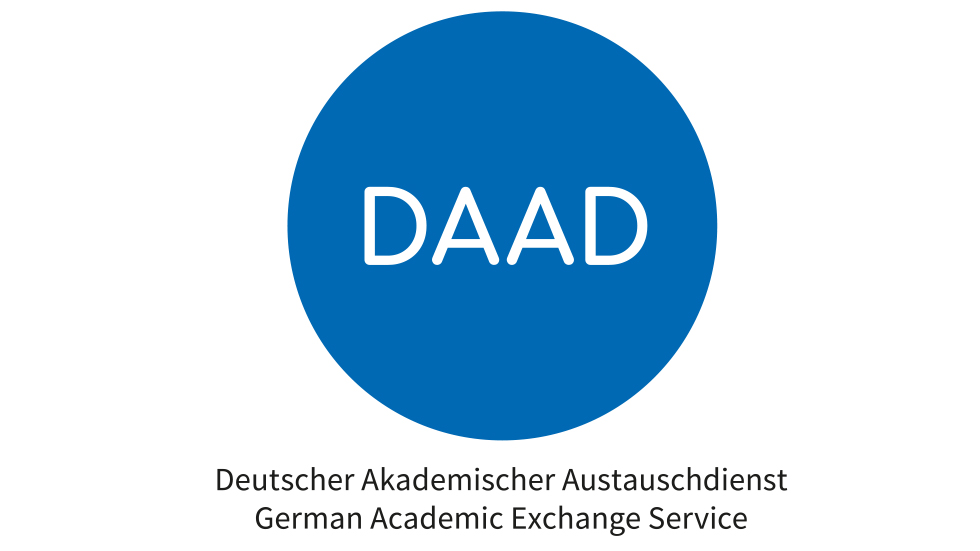DAAD-ISAP Germany Scholarship Program 2025/2026
- Fully Funded, Partial Funding
- Germany Universities
- Bachelor, Masters, PhD
- All Subjects
- International Students
- Germany
- 10/16/2024
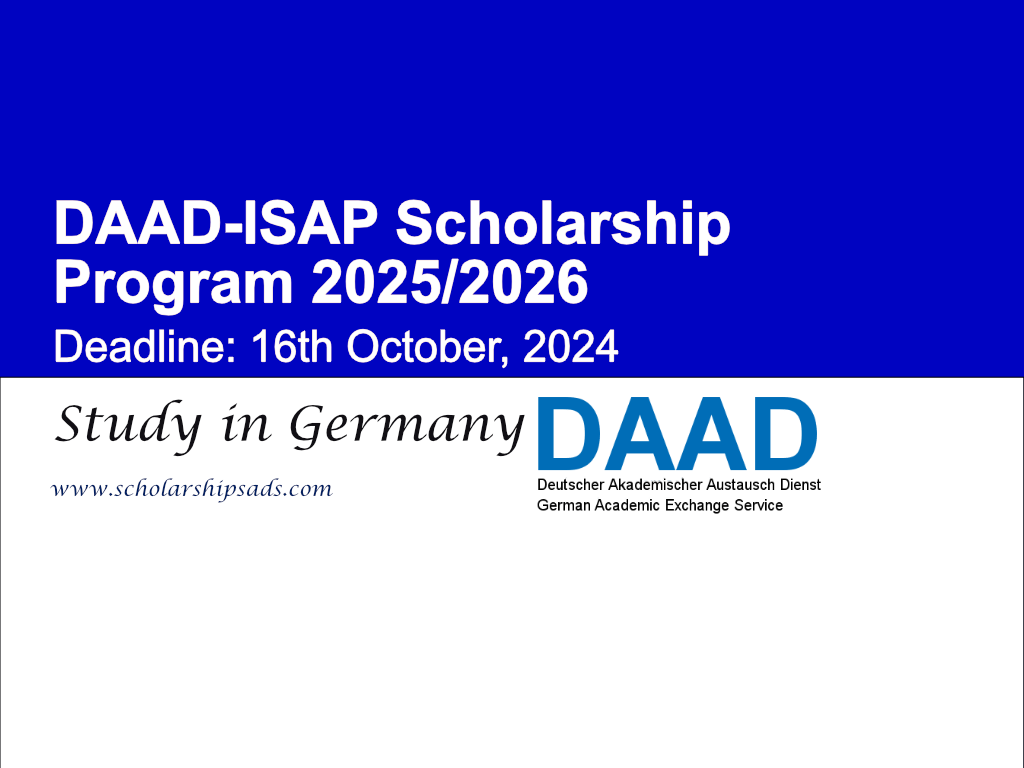 DAAD-ISAP Germany Scholarships.
DAAD-ISAP Germany Scholarships.
Description
The International Study and Training Partnerships (ISAP) program 2025/2026, a prestigious initiative by the German Academic Exchange Service (DAAD), is designed to foster long-term collaboration between foreign and German universities. This program aims to strengthen global academic ties, enabling institutions from different countries to collaborate through student and teacher exchanges. Through these partnerships, German universities can develop, expand, and establish robust international structures that benefit the global education community.
Program Overview
The ISAP program provides critical support for mobility, educational exchanges, and cross-border collaborations, ensuring that both students and faculty members gain invaluable international experience. It is an integral part of Germany’s strategic approach to internationalize its higher education system, promoting mutual understanding and knowledge exchange across borders.
Key features of the program include:
- Student and teacher mobility: The ISAP program funds both students and faculty members, supporting their academic mobility through study abroad, research, or teaching opportunities in partner institutions.
- Support measures: This program also includes funding for preparatory courses in Germany, working meetings, and alumni networks, ensuring that participants and institutions benefit from long-term and sustainable partnerships.
- Alumni measures: The program encourages the continuation of academic collaboration even after the exchange has concluded, with alumni networks serving as a vital resource for ongoing academic cooperation.
Purpose of ISAP
The primary aim of the ISAP program is to build enduring academic relationships between foreign and German universities. This is achieved through:
- International Collaboration: By facilitating mutual student and teacher exchanges, the program encourages the creation of strong academic networks.
- Strengthening German Universities: The partnerships allow German universities to develop international structures, which enhances their global presence and contributes to their internationalization efforts.
- Academic Development: Through these partnerships, students and faculty members from both sides gain new perspectives, research opportunities, and teaching experiences that contribute to academic excellence.
Degree Level
DAAD-ISAP Germany Scholarship Program 2025/2026 is available to undertake Bachelor, Masters, PhD level programs at Germany Universities.
Available Subjects
Following subject are available to study under this scholarship program.
- All Subjects
Benefits
The ISAP program offers financial support for various aspects of academic exchange, including:
- Mobility costs for students and teachers: The program covers the expenses related to travel and stays for both students and faculty members participating in the exchange.
- Working meetings: These meetings allow institutions to plan and evaluate the progress of their partnerships, ensuring the cooperation remains productive and beneficial for both parties.
- Preparatory courses in Germany: For students and faculty who may need additional academic or linguistic preparation before their exchange, ISAP funds these courses, ensuring participants are well-equipped to benefit from their time abroad.
- Alumni networks: ISAP supports the establishment of alumni networks, which foster long-term academic cooperation even after participants have completed their exchanges.
Strategic Impact and Global Reach
By facilitating international partnerships, the ISAP program plays a crucial role in promoting the global reach of German universities. These partnerships not only enhance the academic standing of the institutions involved but also provide students and faculty members with enriching experiences that promote cross-cultural understanding.
For German universities, the ISAP program is a key tool in their efforts to build global networks and attract top talent from around the world. For foreign universities, it offers a unique opportunity to collaborate with some of the leading institutions in Europe, gaining access to cutting-edge research, academic resources, and international networks.
Eligible Nationalities
This scholarship is open to international students of all nationalities.
Eligibility Criteria
Who Can Apply?
The ISAP program is open to state and state-recognized German universities from all academic disciplines. Eligible institutions must be based in Germany, and the partnerships must involve foreign universities. Importantly, the program is designed for:
- Bachelor’s and Master’s students: Students pursuing undergraduate and postgraduate studies at partner institutions are eligible to participate in the exchanges.
- Scientists and professors: Faculty members, including scientists and professors, can benefit from research and teaching opportunities as part of the partnership.
However, certain types of projects are not eligible for funding under the ISAP program. These include:
- Erasmus partnerships: University partnerships with institutions from Erasmus program countries are not eligible, as the EU mobility programs serve similar objectives.
- Double degree programs: Projects that involve double degrees are funded through a separate DAAD program called “Integrated International Degree Programs with Double Degrees.”
Application Procedure
The call for applications for the ISAP program for the 2025 cycle was announced on June 12, 2024. Interested universities should take note of the application deadline, which is set for October 16, 2024. Prospective applicants are encouraged to review the current funding framework, which is available for download on the DAAD’s official ISAP webpage. Additionally, a virtual application consultation was held on September 2, 2024, and the presentation from this session is available for download.
For more information, applicants should refer to the ISAP program page on the DAAD website (link given down below)
Current Developments
It is important to note that, due to geopolitical developments, the DAAD has suspended all institutional forms of cooperation with partners in the Russian Federation and Belarus until further notice. This suspension is a response to the ongoing conflict caused by Russia's invasion of Ukraine. Consequently, applications for project funding with partner institutions in these countries are not currently accepted.
Conclusion
The ISAP program represents a pivotal opportunity for German universities to collaborate with their international counterparts, fostering academic exchanges that benefit both students and faculty members. By building these long-term partnerships, universities can enhance their academic offerings, expand their global networks, and contribute to the internationalization of higher education. As the world becomes more interconnected, programs like ISAP are essential in promoting mutual understanding and academic collaboration across borders.
Follow us on Google News
SubscribeAchievement Scholarships for International Undergraduate Students: Engineering and Information Technology, University of Technology Sydney
